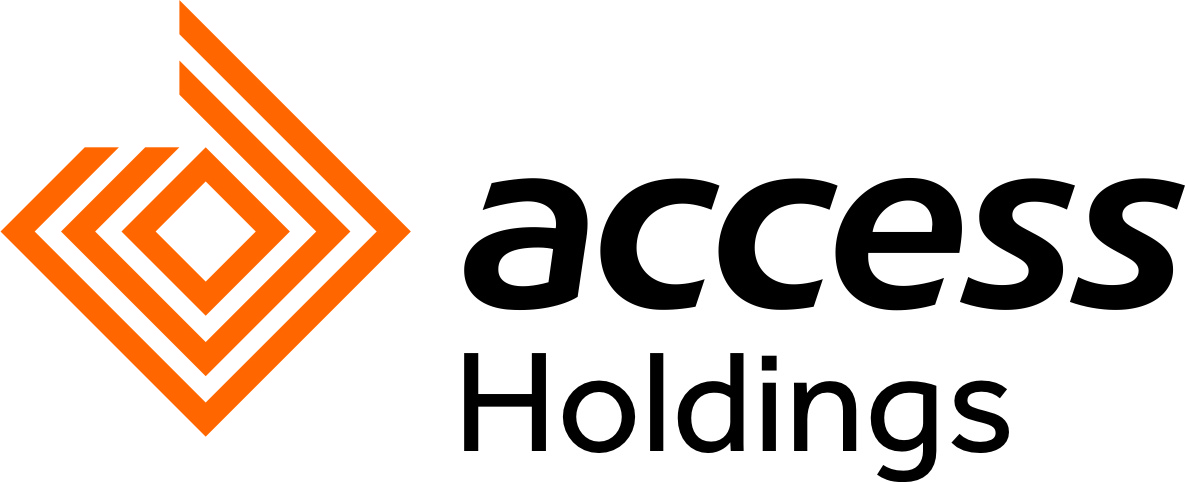
The Bahamas ranks number 17 out of 26 countries in Latin American and the Caribbean when its implementation and use of public-private partnerships (PPP) was assessed in a study commissioned by the Inter-American Development Bank (IDB). The country’s overall index score for PPP implementation and use is 38.5 out of 100.
That means that for all the index categories ranked by the creators of the report, Infrascope, The Bahamas was below average on each scale, and for the most part was categorized as an emerging jurisdiction for PPP use. Based in its assessment of PPPs in this country, Infrascope contends that the Bahamas government has successfully implemented two PPP arrangements between 2013 and 2024, to the tune of $250 million. The government has in the past several years, however, called numerous arrangements with entities PPP arrangements.
The only sector pointed out in the report as being developed through PPPs is the transport sector, with both PPPs being airport development projects, according to the report. The report offers recommendations for the country to improve its use of PPPs. “The 2018 PPP law in The Bahamas mandates the establishment of a steering committee and operational unit for PPPs, but these have not yet been created,” the report said.
“Establishing these will provide centralized points for guidance and co-ordination across government sectors involved in PPPs and ensure effective oversight, ultimately leading to better-managed initiatives. “Once the PPP unit is established, it is important to provide sufficient full-time staff for its operations. Personnel should have technical, financial and legal skills and should have access to PPP-specific training.
“The existing public tender registry does not clearly include information about PPPs. Clearly incorporating PPPs into this registry, or implementing a dedicated PPP registry, would help enhance transparency. “Standardized evaluation methodologies for project selection should be developed.
This will provide a consistent and objective framework to assess the viability, effectiveness and potential risks of various projects. “Amend the PPP policy (or develop complementary regulations) to explicitly include sustainability goals, aligning projects with environmental and social goals, including the UN’s [United Nations] Sustainable Development Goals. Incorporate sustainability into the policy and process framework will drive more responsible and future-ready PPP initiatives.
” In the report, The Bahamas is categorized as emerging in the index categories of project preparation and sustainability, financing and risk management, and contract monitoring. The only category where the country gets a developed designation is for its regulations and institutions surrounding PPPs. In terms of the country’s notable challenges with PPPs the report states: “Despite having a solid regulatory foundation in its PPP policy, The Bahamas struggles with the practical implementation of key institutions, such as the PPP Operations Unit and project teams, highlighting a gap between policy intentions and practical execution, necessitating critical updates.
“Additionally, the country lacks other crucial support mechanisms, including project preparation facilities and project development funds.” The report does point out the strengths of the country’s PPP institutions, including this jurisdiction being one of the least risky environments for private businesses to enter into PPPs with the government. It points out that the government is not likely to default on payments, change prices, terminate contracts, engage in expropriation, or present bureaucratic risks.
“The country’s PPP police also established relatively comprehensive regulations around bidding, contract changes, and arbitration, which provide a solid foundation for future PPP engagements.”.














